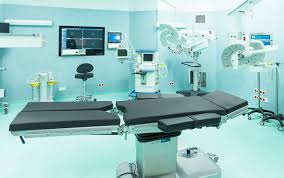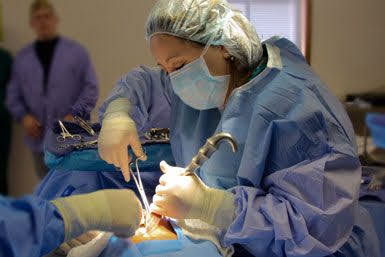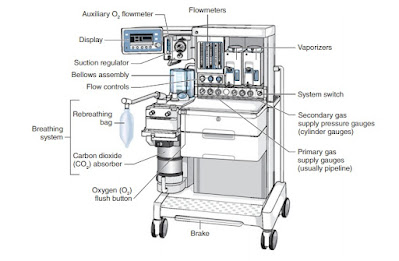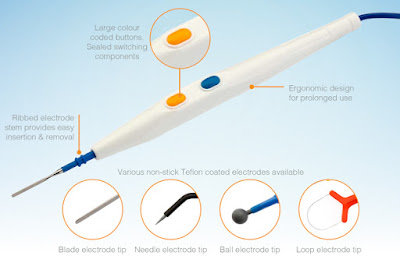SOPs for an Operation Theater
The Standard Operating Procedures (SOPs) for an Operation Theater typically cover various aspects to ensure a sterile and safe environment for surgical procedures. Here's a brief overview:
Pre-Operative Procedures:- Verify patient identity, surgical procedure, and consent.
- Ensure patient fasting requirements are met.
- Perform pre-operative assessments and screenings.
- Sterilize and organize surgical instruments.
- Confirm availability and functionality of equipment.
- Ensure cleanliness and aseptic conditions in the operating room.
- Verify the credentials of surgical and nursing staff.
- Follow a strict scrubbing and gowning procedure.
- Maintain communication protocols during surgery.
- Implement safe patient transfer protocols.
- Ensure proper patient positioning on the operating table.
- Confirm proper padding and support for patient comfort.
- Strict hand hygiene and use of sterile gloves.
- Use of sterile drapes to create a sterile field.
- Minimize traffic and maintain a closed environment during surgery.
- Confirm patient's anesthesia history and allergies.
- Ensure proper administration and monitoring of anesthesia.
- Follow protocols for airway management and ventilation.
- Confirm the correct surgical site and procedure.
- Follow a step-by-step checklist for the surgical process.
- Document any unexpected events or deviations.
- Transfer the patient to the recovery area.
- Monitor vital signs and assess the patient's condition.
- Provide post-operative instructions and care.
- Dispose of surgical waste appropriately.
- Follow protocols for cleaning and sterilizing instruments.
- Maintain a clean and organized operating room after each procedure.
- Establish protocols for handling emergencies.
- Ensure availability of emergency equipment and medications.
- Conduct regular drills for the response team.
- These SOPs are critical to maintaining a high standard of care, minimizing the risk of infections, and ensuring the safety of both patients and healthcare professionals in the operating theater. Specific protocols may vary by healthcare institution and surgical specialties.
.jpeg)


